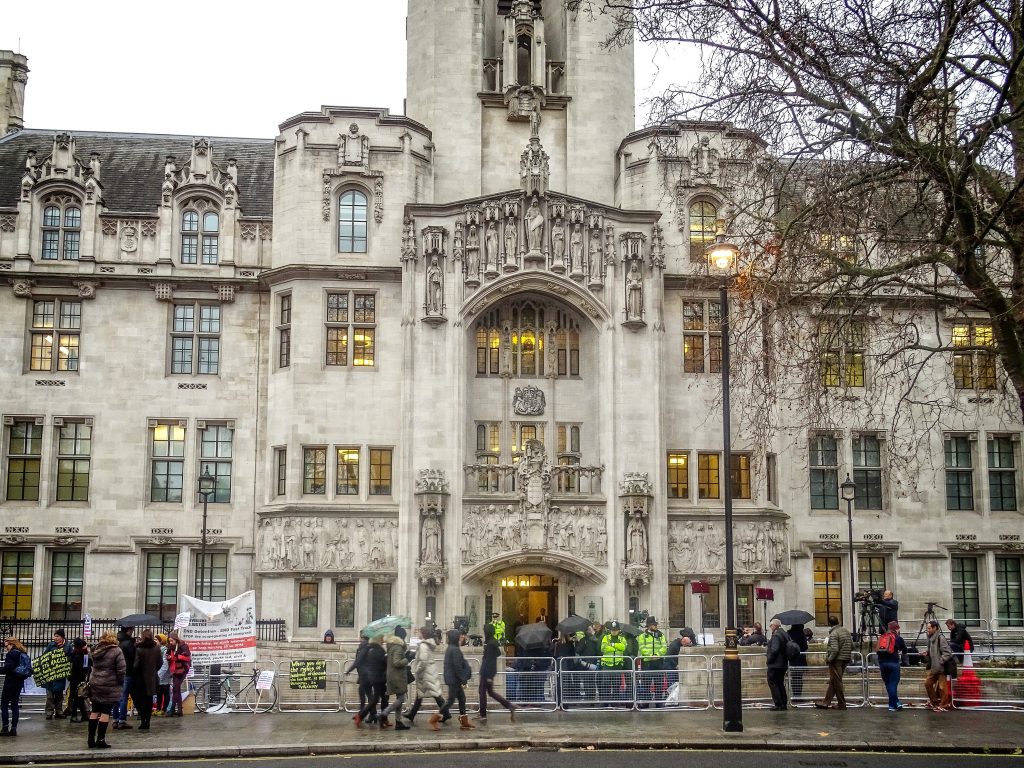Last week, the Supreme Court made an historic ruling, in which it said that local authorities are liable for the actions of the foster parents under their watch.
The Armes Case, as well as having big implications for local councils, also touches on basic human rights. Here’s everything you need to know.
Starting With the Basics
 Image Credit: Pexels
Image Credit: Pexels
Let’s start with some basic tort law, the sort of thing you learn when studying law at university. Vicarious liability is basically the idea that an employer is liable for the actions of their employees. This means that if you have an accident at work caused by another employee, you can sue your employer rather than your colleague.
The reasons behind this are that employers should be responsible for the actions of their employees while at work and usually they have more money, so are actually worth pursuing!
What Was This Case About?
 Image Credit: Andrik Langfield / Unsplash
Image Credit: Andrik Langfield / Unsplash
The main question in this case was whether a local authority should be vicariously liable for the actions of foster parents, who acted on their behalf looking after children in care.
The facts of this case are truly tragic. Natasha Armes was fostered from the age of 7 to 18. During this time, she was sexually abused by her foster father and physically and emotionally abused by her foster mother. She wanted to sue the local authority to get compensation for the harm she suffered.
What Was The Issue?
 Image Credit: Caleb Frith / Unsplash
Image Credit: Caleb Frith / Unsplash
As explained at the beginning, vicarious liability usually makes employers liable for the actions of their employees. So the difficulty was, are foster parents employees or akin to employees of the local authority?
The Court of Appeal said they were not. On the one hand, foster parents are paid and provide a service for the local authority. On the other hand, they said that as foster parents aim to replicate family life for the children, they act independently from the local authority and therefore cannot be seen as akin to employees.
What Happened in the Supreme Court?
 Image Credit: Garry Knight / Flickr
Image Credit: Garry Knight / Flickr
The Supreme Court disagreed. They highlighted that it is the local authority’s duty to look after children. In order to do this, they trained and paid people to be foster parents. This made the care provided by the foster parents ‘integral’ to the activities of the local authority.
The local authority also has a degree of control over foster parents; they approve, inspect and supervise foster parents, and can remove children from them. This is not like usual family life. Therefore, foster parents are ‘akin to’ employees and local authorities should be vicariously liable for any harm they cause.
Why is this Important?
This case is important as over the last few years, vicarious liability has moved from being strictly about employer-employee relationships, to a wider group of relationships, making more people in a ‘supervisor’ position liable for the actions of those they are supervising.






